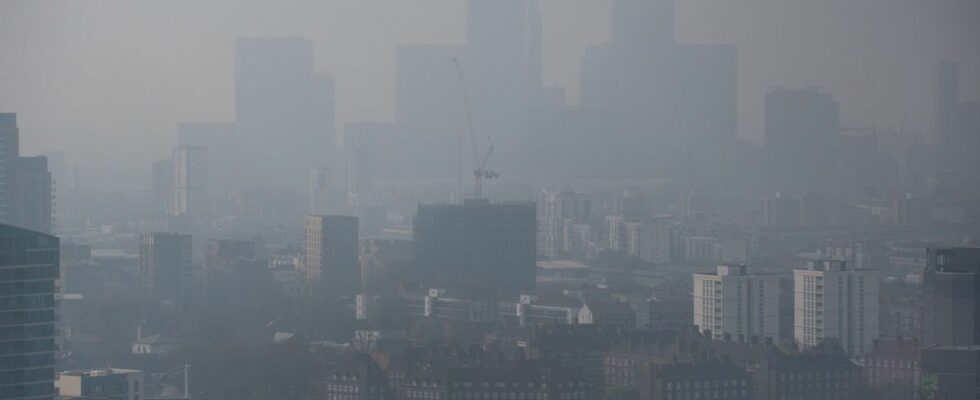Published on
updated on
Reading 2 min.
American researchers are drawing attention to the harmful effects that air pollution can have on our mental health. According to their study, poor air quality could have an impact on our state of alertness and our mood.
It has long been known that the weather outside can have a real effect on our mood and morale. Rainy days, for example, are most often associated with states of sadness, while sunny days tend to put a smile on our faces. Extreme temperatures, particularly heat waves, tend to increase stress and aggression, as recent scientific research has suggested.
Pollution affects mood
But weather isn’t the only atmospheric factor that could impact our mood. A new study published in the prestigious journal Plos One suggests that pollution can also produce similar effects. Michelle Ng, a researcher in the Department of Communication at Stanford University (USA), studied, with the help of her team, the known associations between exposure to air pollution and adverse effects on mental health. The research proposes a new concept, that of “emotional sensitivity to air pollution“, which corresponds to the fluctuation of an individual’s emotional states depending on the different levels of air pollution to which he or she is exposed on a daily basis.
The authors of the work based their work on statistical models, as well as data obtained from 150 American individuals for more than a year. The researchers studied these models in order to determine to what extent and in what way air quality could affect the mood (negatively or positively) as well as the state of alertness of the inhabitants of the same county in the United States.
Better integrating affect and mental health into climate adaptation programs
The results of the study demonstrate that individuals’ state of arousal tends to be lower than usual on days when air pollution is higher. The researchers also note that this affective sensitivity to air pollution is likely to vary greatly between individuals.”This could help explain in part one of the mechanisms by which exposure to air pollution increases the longer-term risk of adverse mental health effects, such as symptoms of anxiety and depression, found in previous research.“, they emphasize.
In light of these findings, the authors of the research highlight the need to better integrate affect into climate adaptation policies, plans and programs, for example by developing strategies to preserve the mental health of populations. The researchers also warn that if air pollution disrupts an individual’s affect, this could translate into a lack of climate action.For example, if people’s affect is blunted due to air pollution from wildfires during the summer, they may engage in fewer adaptive behaviors in response to air pollution and heat waves, which would have serious consequences for their well-being.“, explain the researchers. Before recalling that “According to the World Health Organization, 90% of the world’s population breathes air that does not meet its standards for habitable air quality.“.
